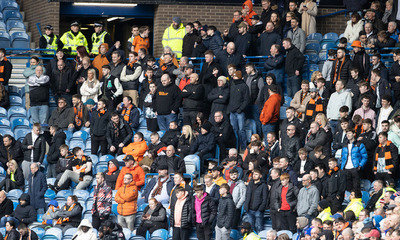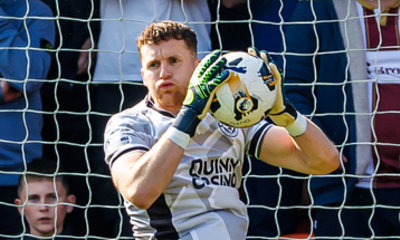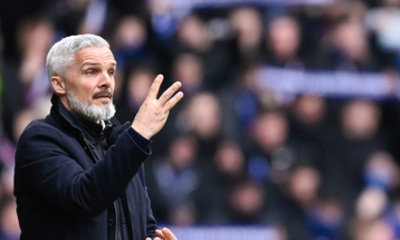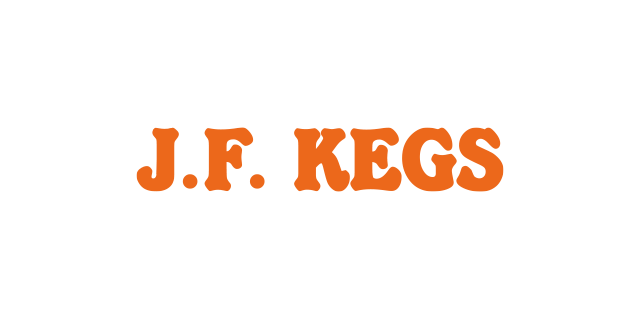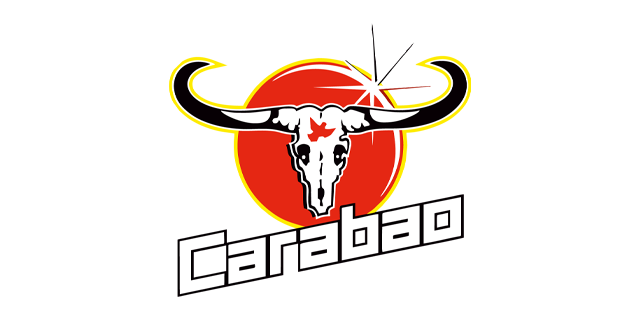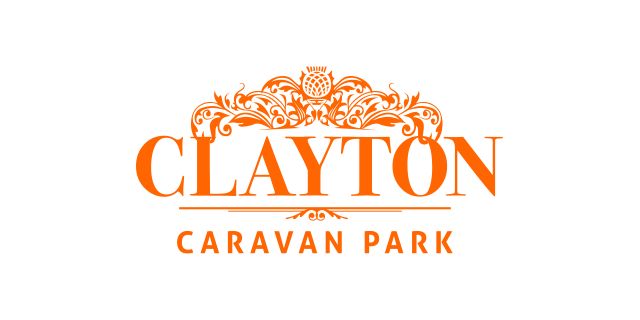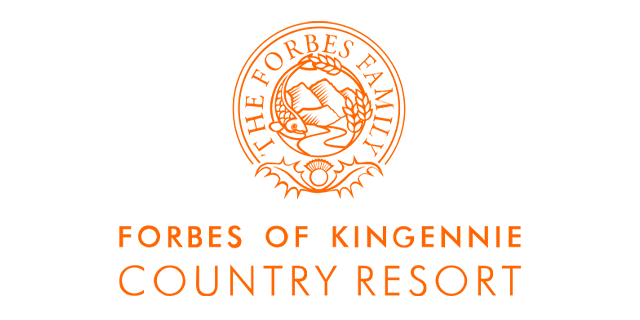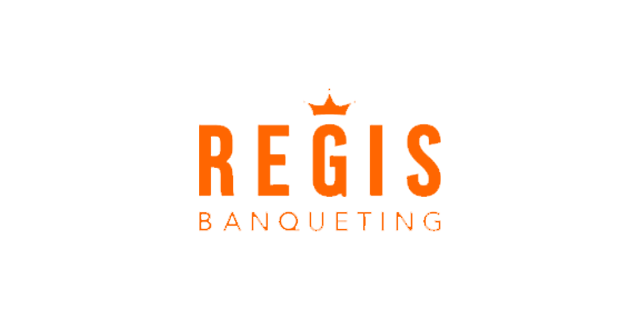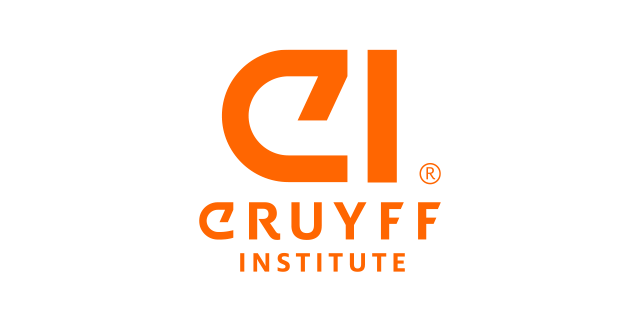Ian Isbister spoke to Club Ambassador Hamish McAlpine in the first of a series of planned interviews with ex-players.
Q.) How did you signing for Dundee United in 1966 come about?
A.) I was with Butterburn at the time, and United asked me to play in a couple of trial games due to injuries. I signed for Dundee North End previous to signing for United as in those days if you didn’t sign a Junior form you couldn’t get reinstated with a club if you didn’t make it professionally. I ended up training full-time at Tannadice and playing for North End for a year.
Q.) So were you a United fan growing up?
A.) I used to go to Tannadice and Dens when I was younger. You’d play for your school on a Saturday morning and then go to the game in the afternoon. My dad played amateur football so couldn’t take me, so a friend’s dad used to take us to the games. It was more common in those days to go to watch one team and then the other the following week. That way I never missed games. You went to be entertained, and in those days it was good fayre.
Q.) At the time you signed for United, were there any other clubs interested in you?
A.) Aye, I heard that Liverpool wanted to speak to me and also St Johnstone. I’d already promised Jerry Kerr, the United manager, that I’d sign for them once Butterburn had played a couple of Cup finals. Liverpool apparently wanted me to go down for a trial, but I’d already promised United.
Q.) What were your memories of your first United manager Jerry Kerr?
A.) Jerry was quite different from wee Jim. He wasn’t on the training pitch too often as Doug Cowie was the coach and he took the training. He was instrumental in bringing the likes of the Scandinavian players to the Club. It was an excellent introduction for me as a young boy of 18 getting to train with those guys. It was full-time, but you didn’t have to come back in the afternoon, so I’d play golf, and I had a part-time job in a garage. Jerry Kerr was more of a manager than a coach. He picked the team and the tactics. He wasn't in depth about things, just told you to go out and play. It’s so technical now; you see the coaches with sheets of paper telling the subs what to do. Jerry was never into that kind of stuff.
Q.) Donald Mackay and Sandy Davie were ahead of you in the goalkeeping pecking order. Was that your main reason for going out on loan to Montrose? (Hamish played 25 games for Montrose in season 1967-68)?
A.) Montrose came to me as their keeper John Ritchie had an injury. He was an electrician down the pits, and he’d injured his shoulder. Donald and Sandy were both experienced and good keepers, and it was a great opportunity for me to go and play. I was only getting a game now and again up to that point. It was a good physical level at Montrose. I went from playing with boys my age to playing against seasoned pros.
Q.) Was there a chance you could have signed permanently for Montrose?
A.) I don’t think so. We never spoke about contracts in those days. I was just happy to play football.
Q.) What are your memories of your United debut against Hearts in 1969?
A.) I don’t remember much about it! I’ll have to take your word for it that it was against Hearts!
Q.) Jim McLean becomes manager of United in 1971. What were the obvious differences between McLean and Kerr?
A.) It was more intense. Wee Jim was in depth with everything he did. His training methods and tactics were really in depth. Training was stepped up, and it was a more serious job.
Q.) Just touching on how serious McLean was; it’s surprising that he was happy that you took a few penalties for United?
A.) I don’t know if he was happy that I took them but he was happy enough until I missed a few! I think the first big one I took was against Hibs, against big Jim McArthur. We were struggling in the league and needed to win, and I scored that one. Then I missed one in the Cup. Wee Jim always said at least you scored the right one! The two points were more important.
Q.) Goalie training sessions don’t seem to figure too highly in your career?
A.) No, I was never into them. I used to think ‘Why am I diving around the ground when I don’t have to?’ I preferred running about and playing outfield. I got bored with the goalie stuff. Wee Jim used to say it’s like practising your golf to get better. I’d tell him I didn’t practise my golf as it makes it worse!
Q.) Peter Bonetti signs for United in 1979. You then have a major bust-up with the manager, and he sends you home from a pre-season tour of Japan. Did you ever consider leaving United at that time?
A.) I probably thought about it. I just wanted to play football. In those days you were under contract. Wee Jim was never going to let me go. Nowadays a player can sit back and not play. I wouldn’t have got paid as I’d broken my contract. You had to be playing. Wee Jim wouldn’t have told me if another club had come in for me. Agents weren’t involved back then either. It’s the long-standing joke that I still get asked even now if I’m still under contract! I always say I’ve got a year to go! It proved right for the Club though, getting all the younger boys tied down to long contracts. Fergie did the same at Aberdeen and then Manchester United, and look at the success he had.
Q.) United win the League Cup in 1979 and 1980. Did it feel that United was now amongst the big boys?
A.) Until you win something, you’re just also-rans. Getting to semi-finals but not winning anything. Once you win something, the belief is there. We then thought we could go on to win more.
Q.) After the 1980 final, captain Paul Hegarty stepped aside to let you go up to collect the trophy. It must have been quite a moment after 14 years at the Club?
A.) I don’t remember too much about it! I don’t think we got back to the dressing rooms. We just came off the park and went up the stairs. Heggie pushed me up to the front and said I was going to pick the cup up. I thought I was going to greet! It was a great moment.
Q.) United win the League in 1983. Going into that season did you think it was going to be United’s year?
A.) No, we knew we had the capability, but we didn’t outright think we could win it. You had to be consistent over a whole season. It was mission impossible. We knew that cups were our best option of winning something. It was never spoken about. We could always get results against Celtic or Rangers, but then you’d go and get beat from Hamilton or St Johnstone. You’d put money on us being in the top four as we knew we weren’t a bad side.
Q.) Who were the players from the Championship side that maybe didn’t get the recognition but that you felt stood out?
A.) We had five internationals in the team. We had Narey, Gough, Hegarty, Sturrock and Bannon, boys who were regularly playing for Scotland. However, we also had guys like Holt, Kirkwood, Stark and Dodds who really did their job. They were great at what they did. They did the dirty work that allowed the international players to finish it off. We’d had guys in the past like George Fleming and Frank Kopel, seasoned pros that knew how to get the job done. Real unsung heroes.
Q.) Was it surprising that none of the 1983 Championship winning sides was snapped up by bigger clubs?
A.) They were all under contract. If teams had come in for them, then Wee Jim wouldn’t have told them or spoken to the press. Previously he’d sold Andy Gray and Raymond Stewart for big money, but they were sold at a time when we hadn’t gelled as a team or had won anything. It was money that at the time the Club couldn’t afford to turn down.
Q.) Was there a bonus in place at the beginning of the 1983 season for actually winning the league?
A.) I don’t think we had anything in place for it, to actually win it. We had a good bonus system at the Club, based very much on winning. Our basic wage was the lowest of most of the clubs. Our win bonus could double our wages. Wee Jim worked it that you’d maybe get £50 a point one week, and £150 a point the next week against Celtic. However, if you won them all, 4 or 5 games in a row, you’d get an extra £100 or £200. It was a rollover bonus. It wasn’t just a case of winning a game at a time, but a block of games. You had to keep the momentum going. It wasn’t like getting £500 per week without really trying to win. It made sense for us to keep winning.
Q.) The camaraderie is evident amongst the ‘83 team. Why do you think that is?
A.) We’d see each other practically every day back then. We’d play golf and have a few beers together regularly. Even now I still see Heggie and Holty on match days. I see Malpas and Narey at the golf. A lot of the guys still live locally like Doddsy and Reilly. A dozen or so of the ‘83 boys still keep in touch regularly.
Q.) In 1984 United play in the European Cup, getting all the way to the semis, eventually losing out to Roma. Do you think the European run affected United’s chances of retaining the league title?
A.) I don’t think so. I laugh at players who say they’re tired playing two games a week now. The game is played at a much slower pace now. We played at a hundred miles an hour. It was end to end stuff back then; now it’s all side passing, you see. We were happy playing every time we did.
Q.) 34 years on, did you ever look back on the Roma game and see any truth in the rumours that the referee wasn’t playing fair?
A.) We didn’t see anything. When we were beat across there, we had a good chance early doors when Ralph Milne hits one just over. If it had been at Tannadice, he’d have scored it. They were by far the better side over there. Nobody moaned about the penalty they got. I don’t think any of the players really felt the referee had anything to do with the score. We surprised them at Tannadice, and they knew they had to up their game in Rome.
Q.) By the mid-eighties, you’d been involved in many big European nights. Do you think United’s reputation was growing and that teams now feared being drawn against them?
A.) To be honest, we never really cared about what the opposition thought about us. We just went out to play our own game. Wee Jim had us well organised. Walter Smith or Gordon Wallace would go and watch the opposition, and we’d be told of their strengths or weaknesses. I’m sure the opposition watched us too, but we never really thought about it.
Q.) In 1985, you won the Scottish Football Writers’ Association Player of the Year award, at the age of 37. Was that your best season for United in your opinion?
A.) I think it was just a sympathy vote because of my age! I was shocked and stunned when I got it. When you play with good players, you’re just there to pick up the pieces. We’d been together as a squad of players for such a long time, and to be honest for that particular season I don’t remember anything that made me stand out to win it that year.
Q.) Why do you think you were never capped for Scotland?
A.) It didn’t worry me. Looking back it would have been nice, but I never worried about it. I enjoyed being part of the Under 21 squad as an overage player. It was a nice honour. It really came out of the blue. I think Wee Jim had something to do with it. He was assistant to Big Jock Stein at the time and probably influenced that.
Q.) You played 677 games, scoring three goals for United. Do you think it was the right time to leave United?
A.) I was getting past my best when I left. I knew it was going to happen eventually. I probably got an extra season that I wasn’t expecting, so I could have been away sooner. At the time of Billy Thomson coming to Tannadice, I really was coming to the end of my career. Deep down you know you have to finish sometime.
Q.) What do you look back as being your defining game at United?
A.) Every game was worth it. When the game was finished, I was happy to go for a few beers, a game of golf the next day and then back to training on the Monday. I don’t think I could pick a particular game. Folk say the Manchester United game at Old Trafford. I saved a penalty and had a few good saves in that game. It was what I was paid to do. It was my job to stop the ball going into the net. When you’ve played as many games as I did it’s difficult to pick one game out!
Q.) Why do you think United fans and players still smile when talking about ‘The Goalie’?
A.) I just enjoyed it. Don’t get me wrong, you’d have bad days, but the camaraderie was always there. I just enjoyed what I was doing!


